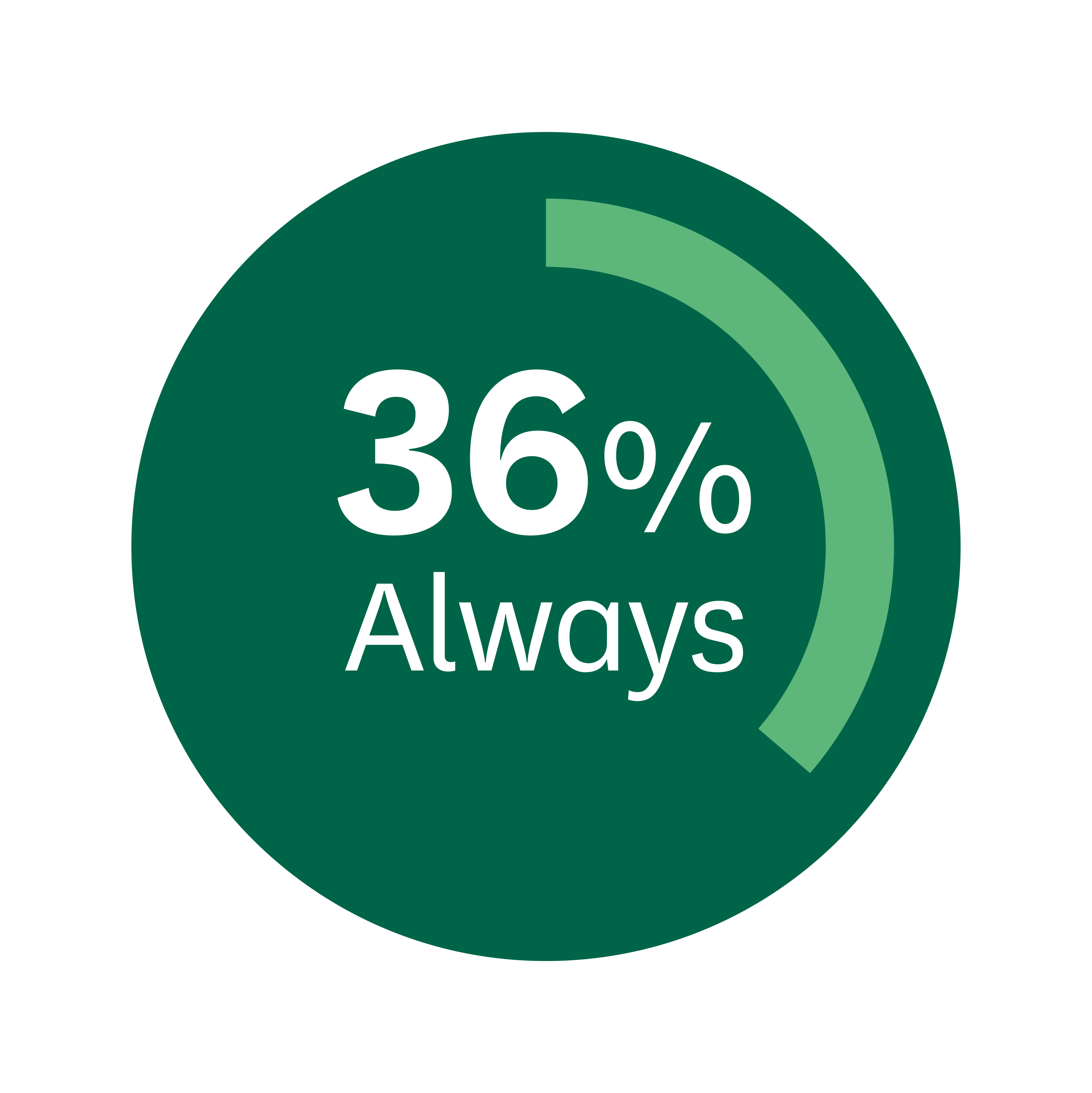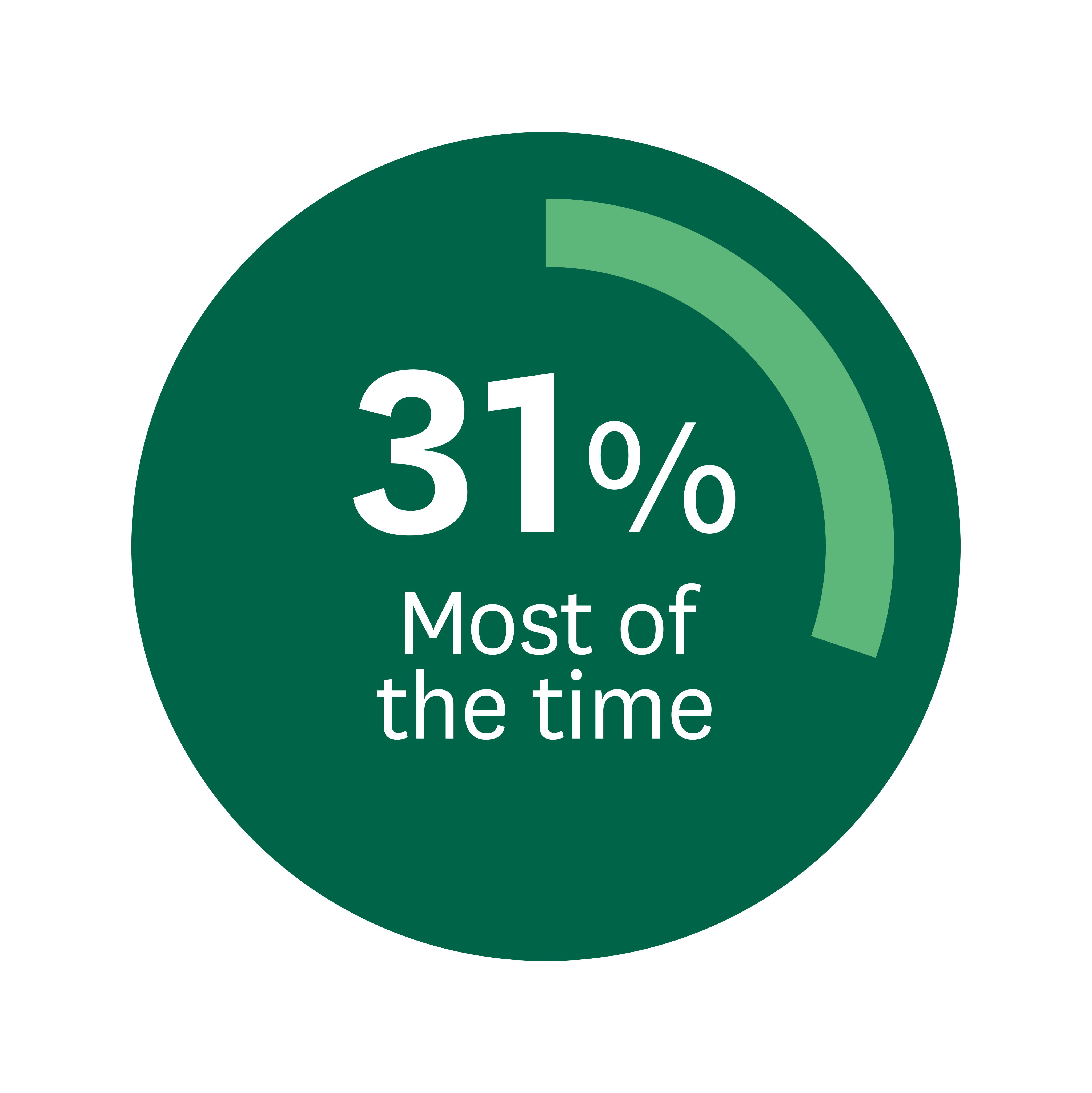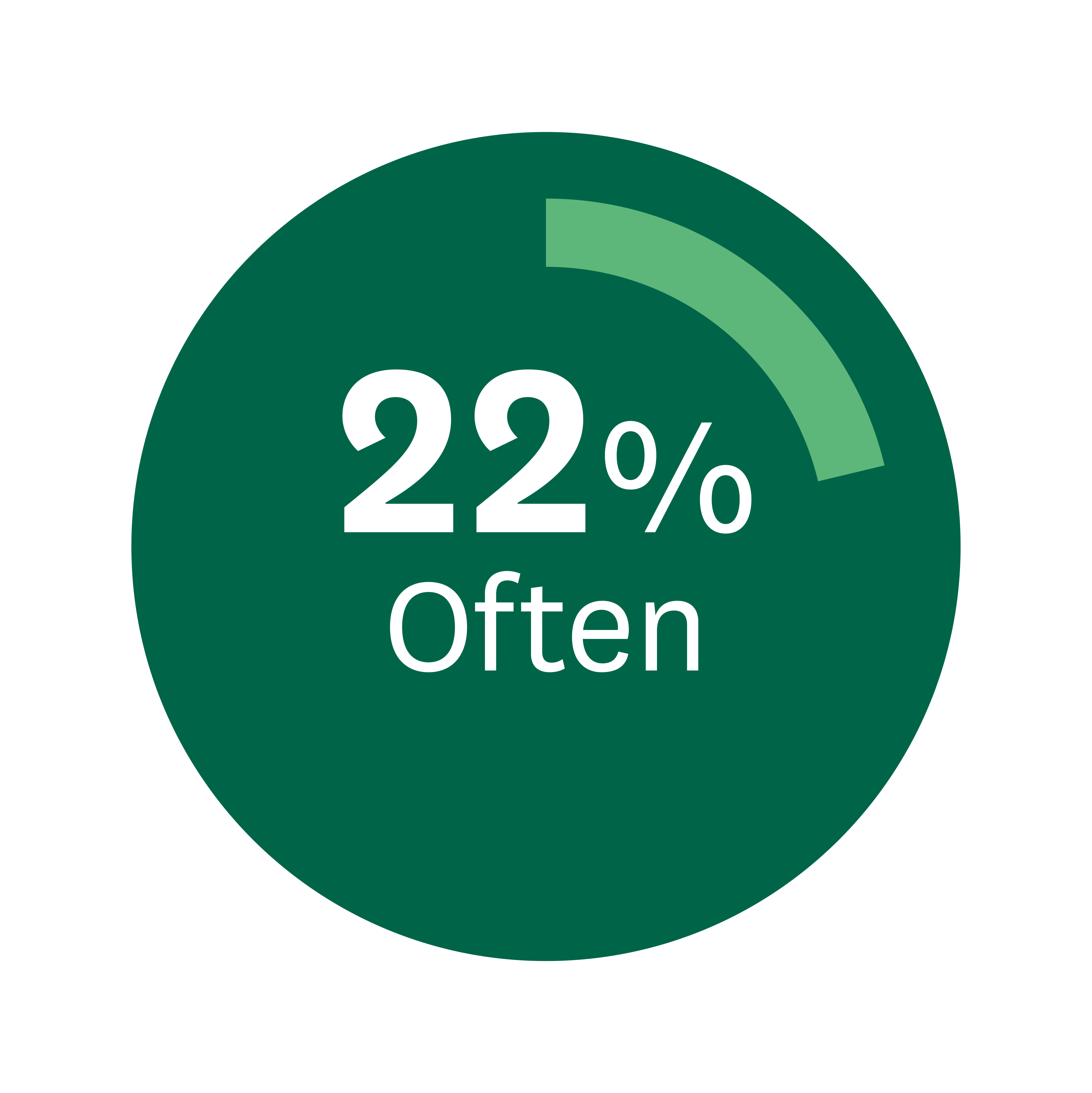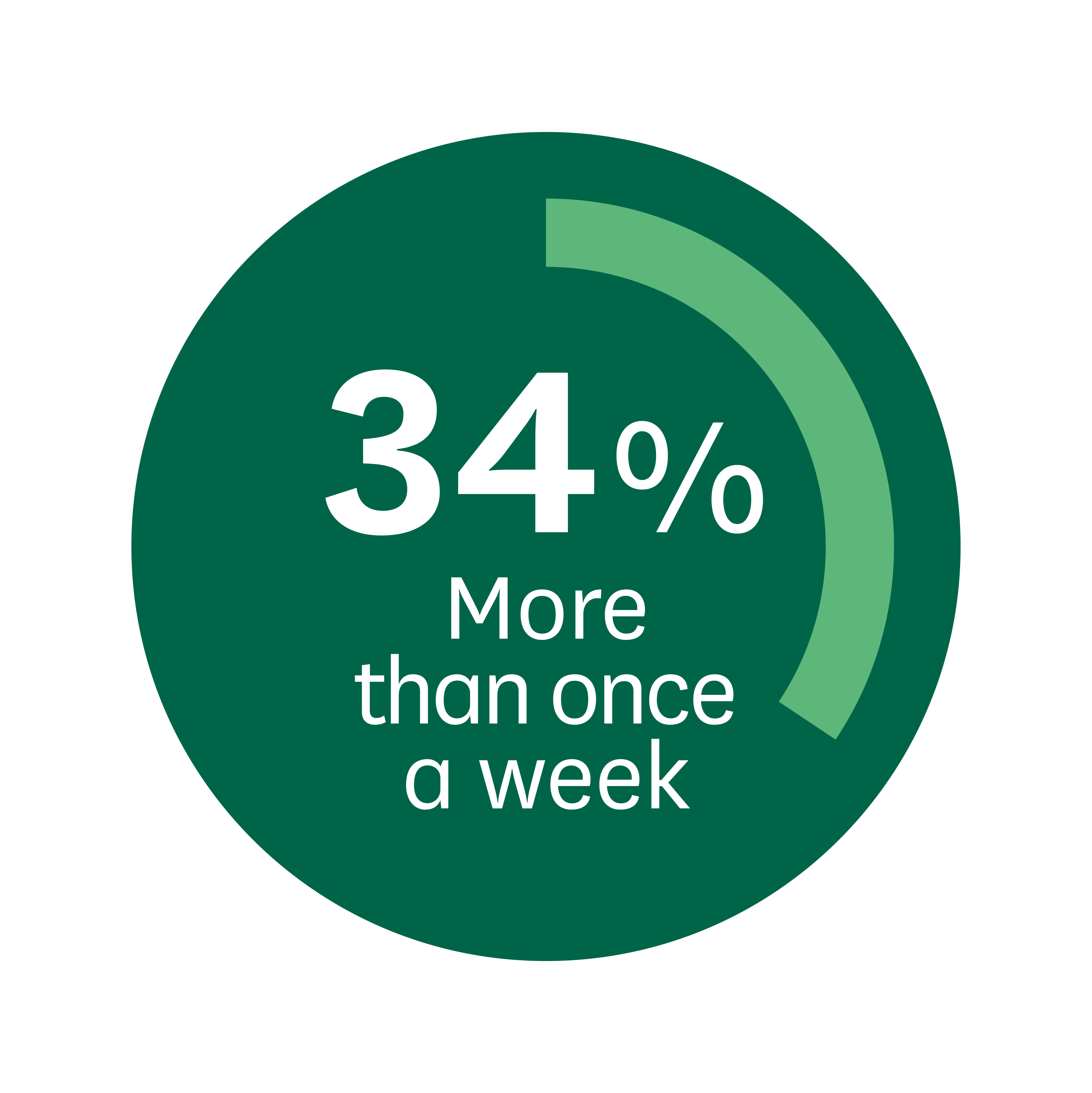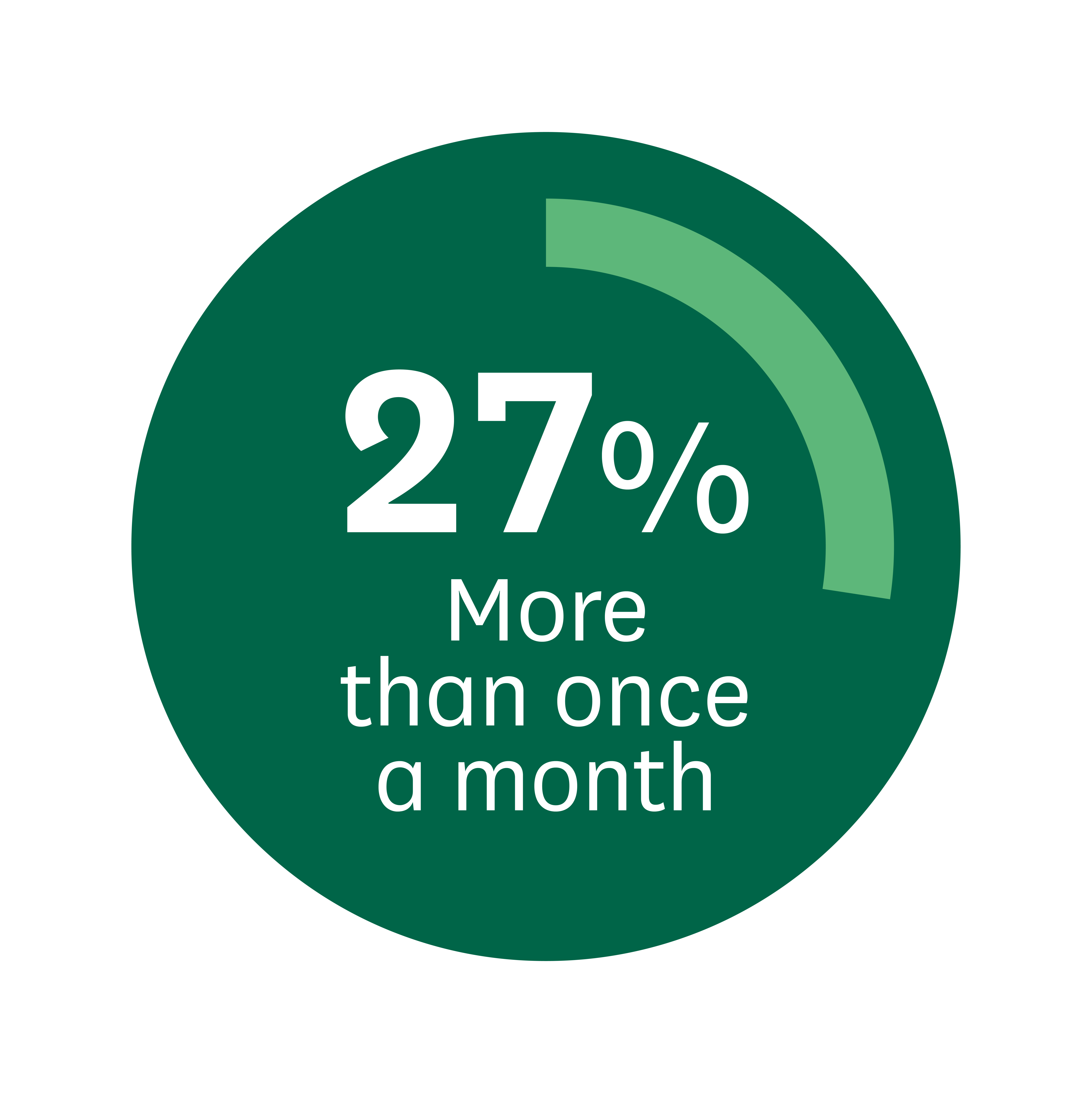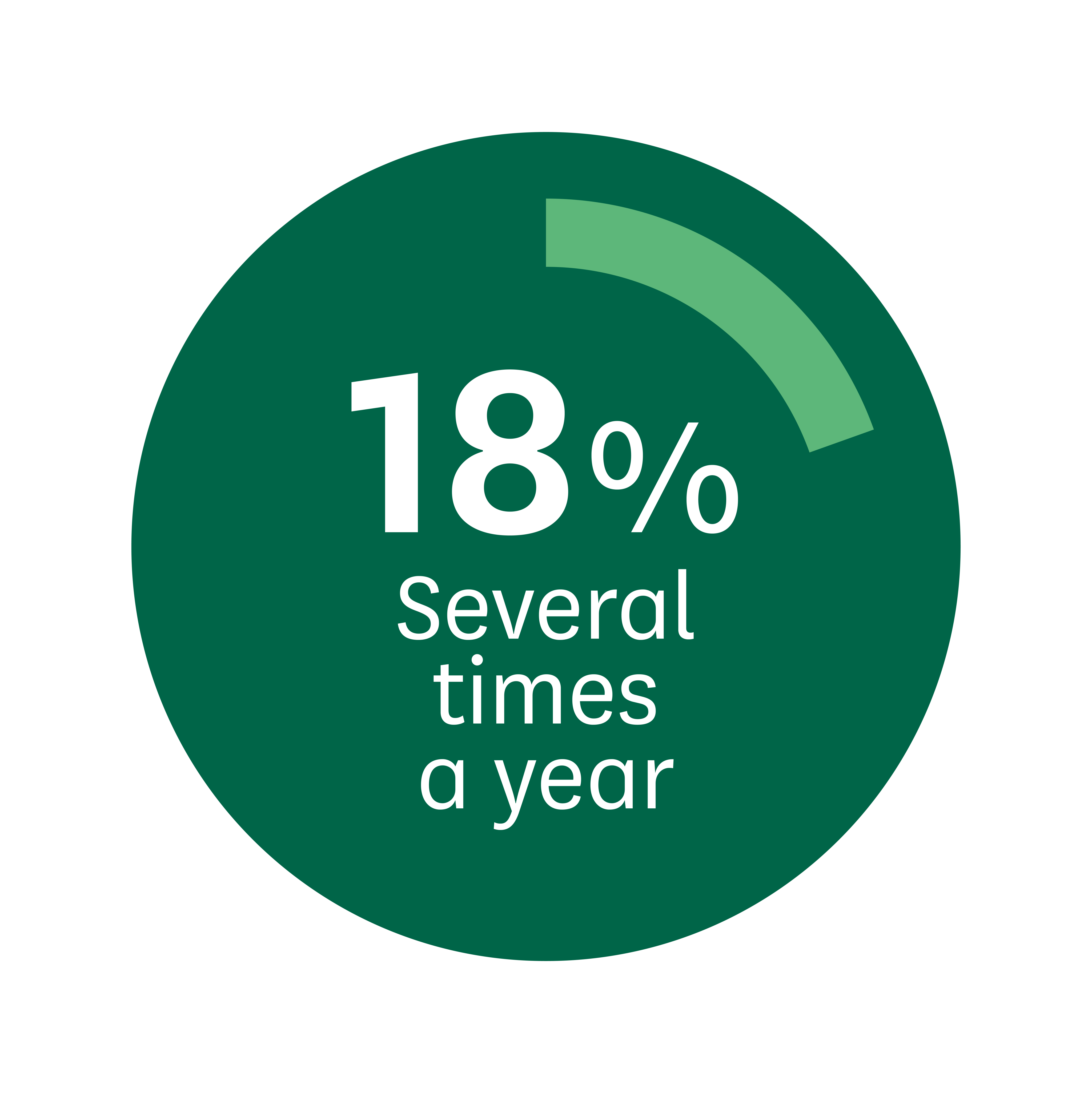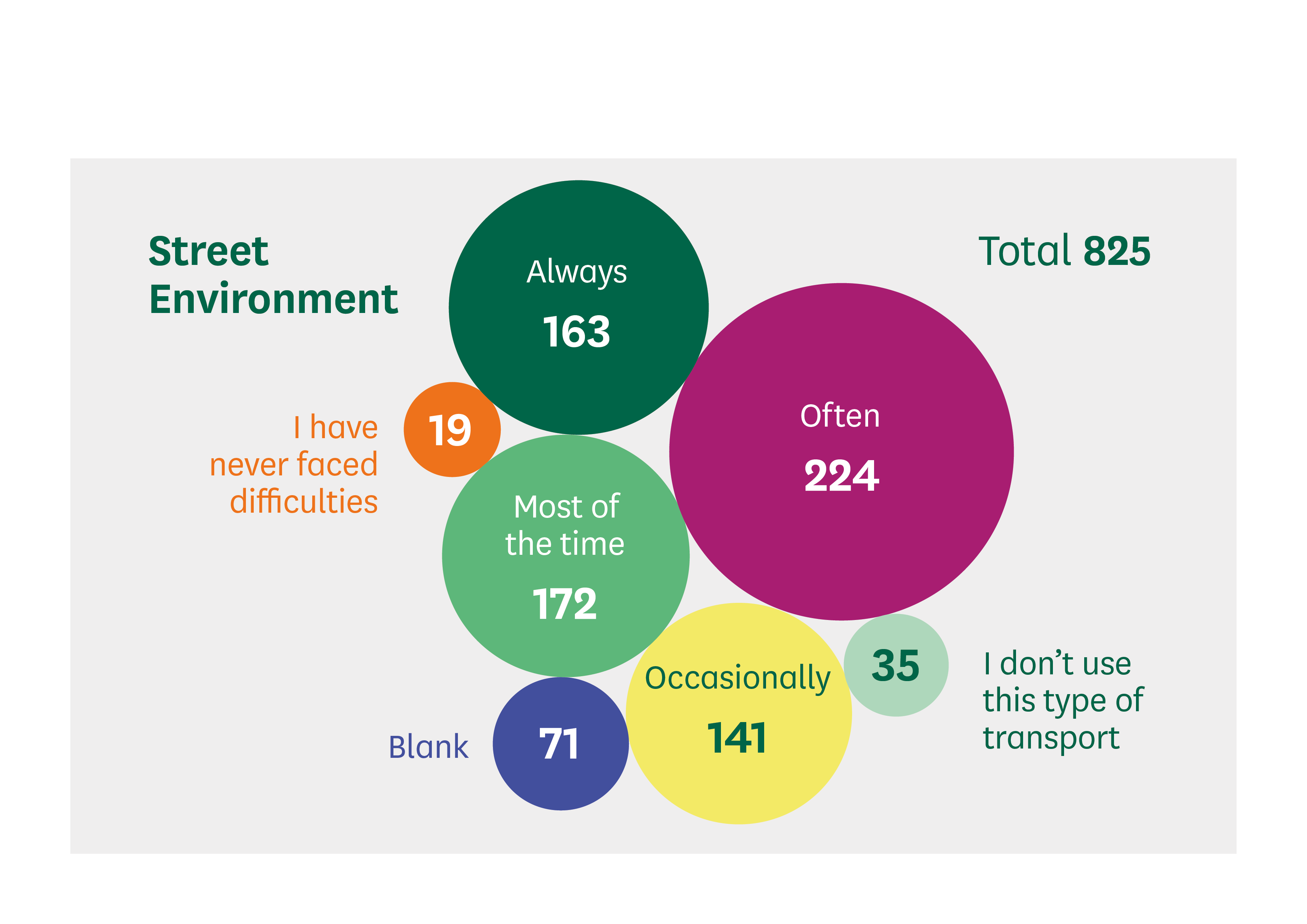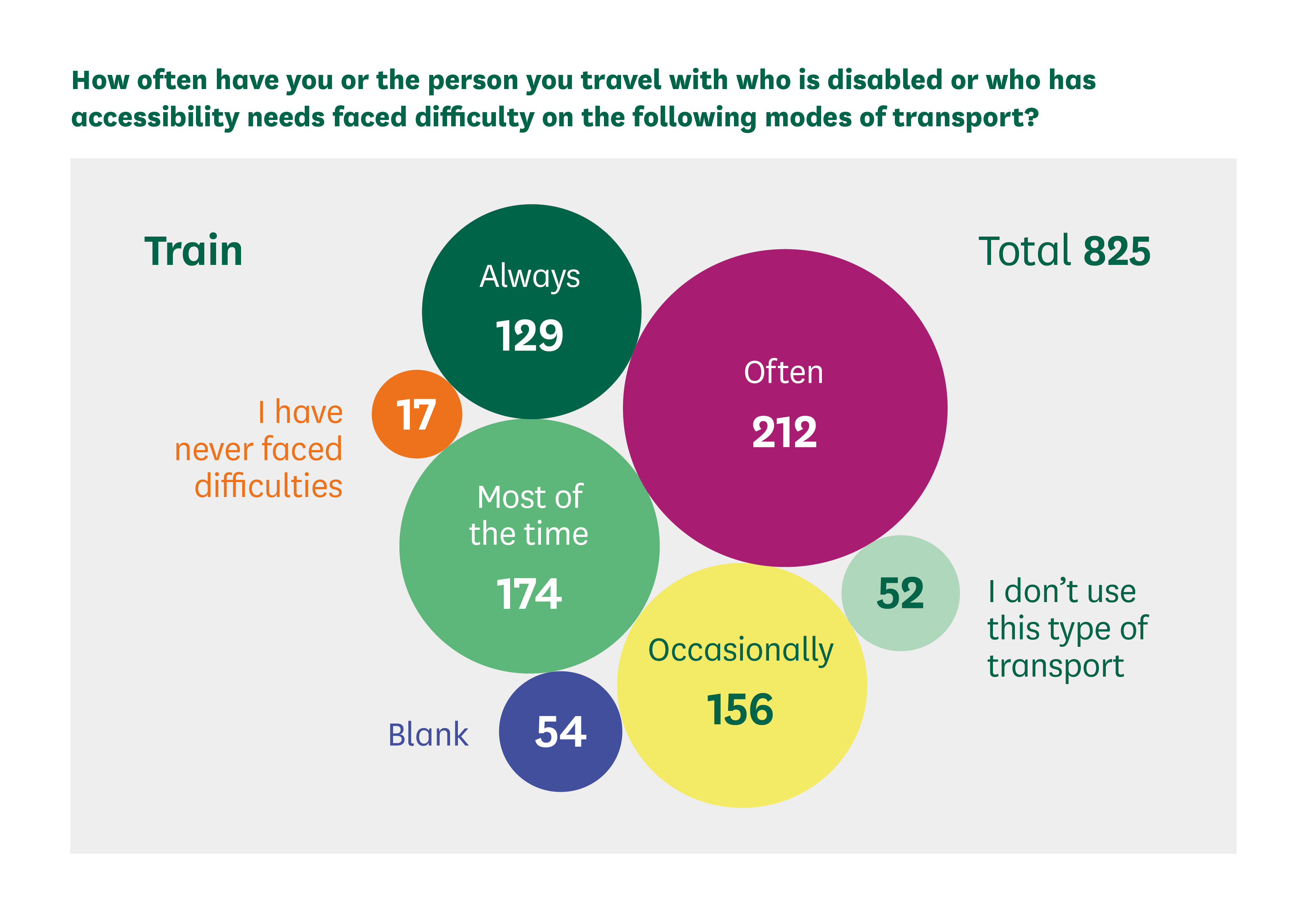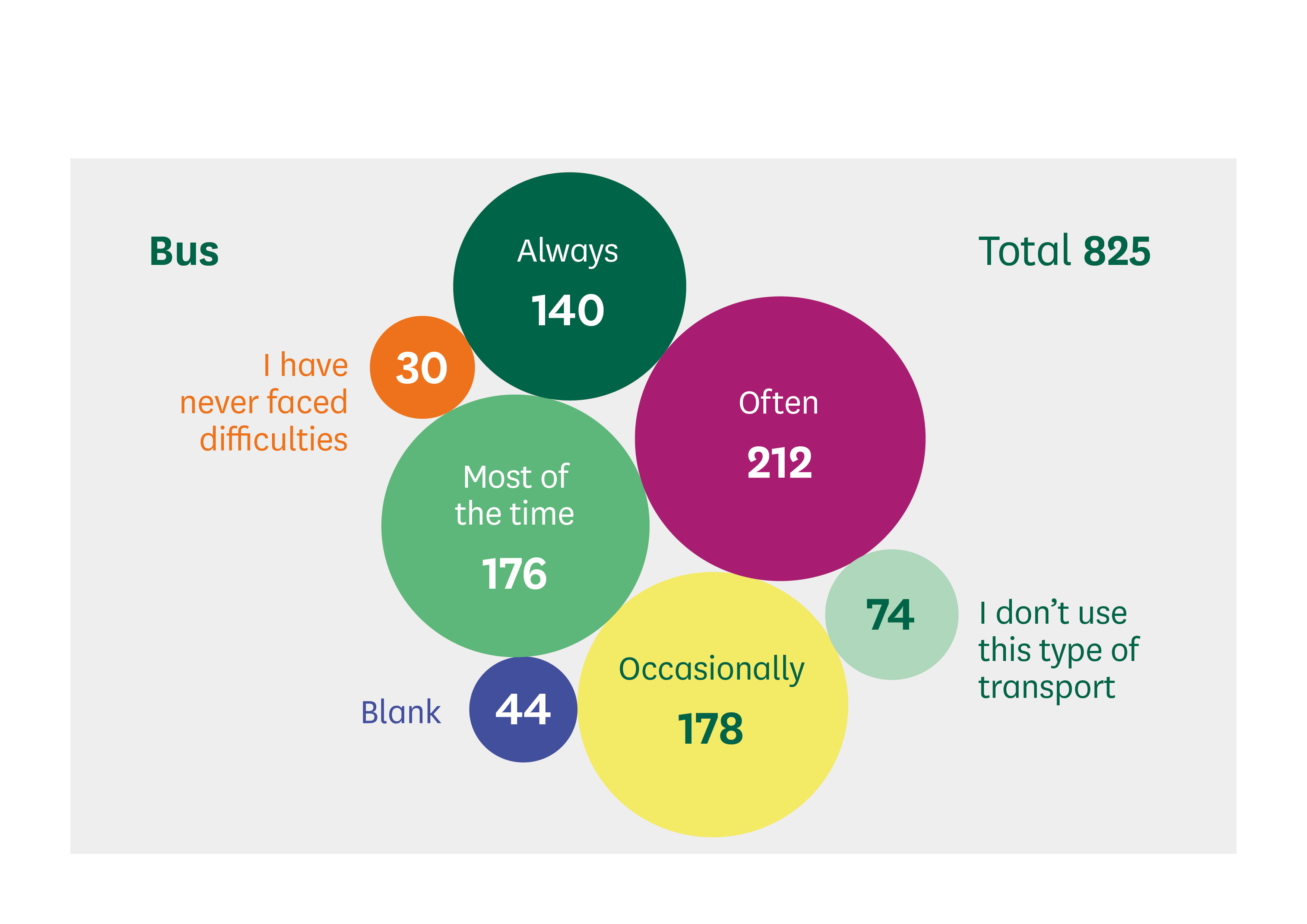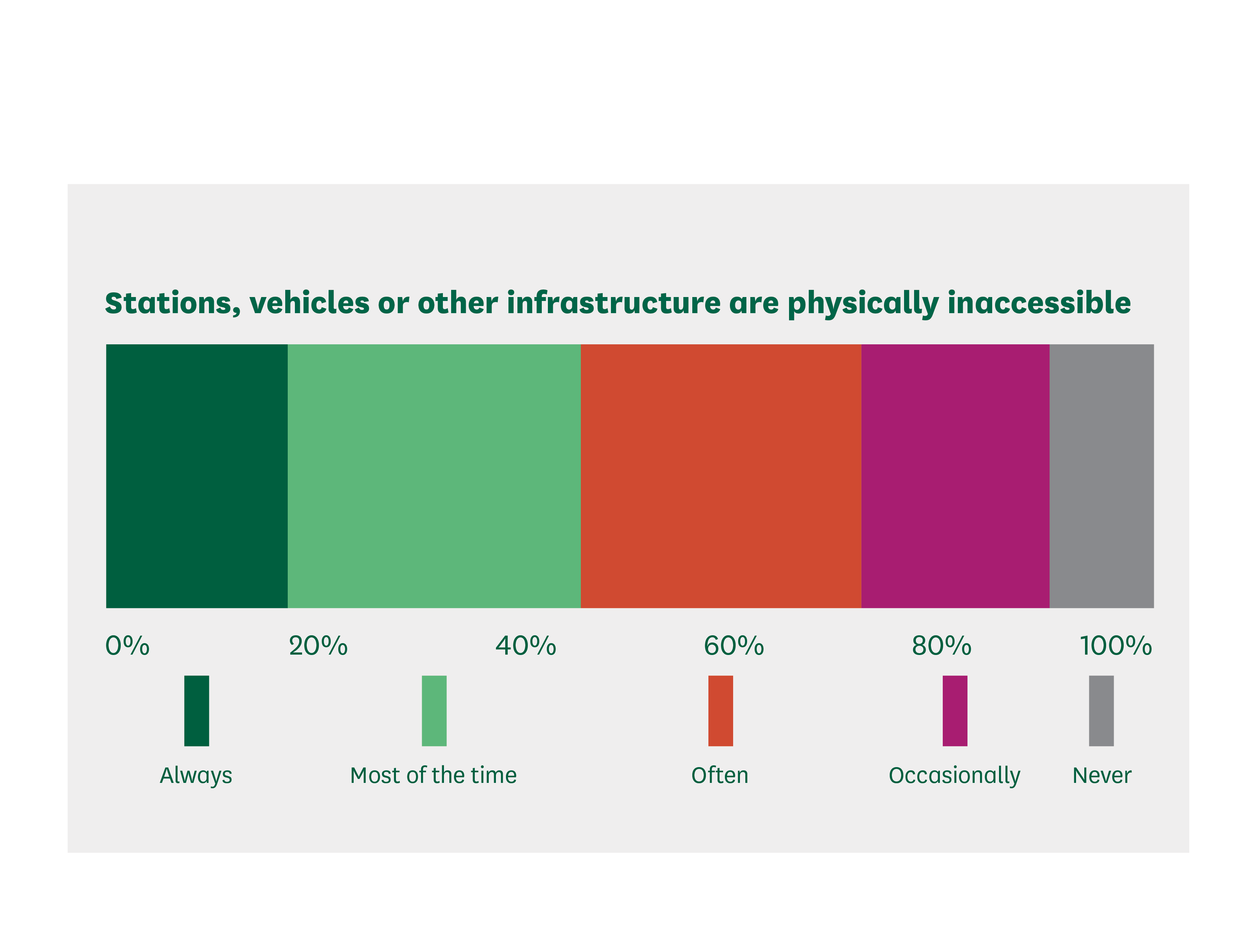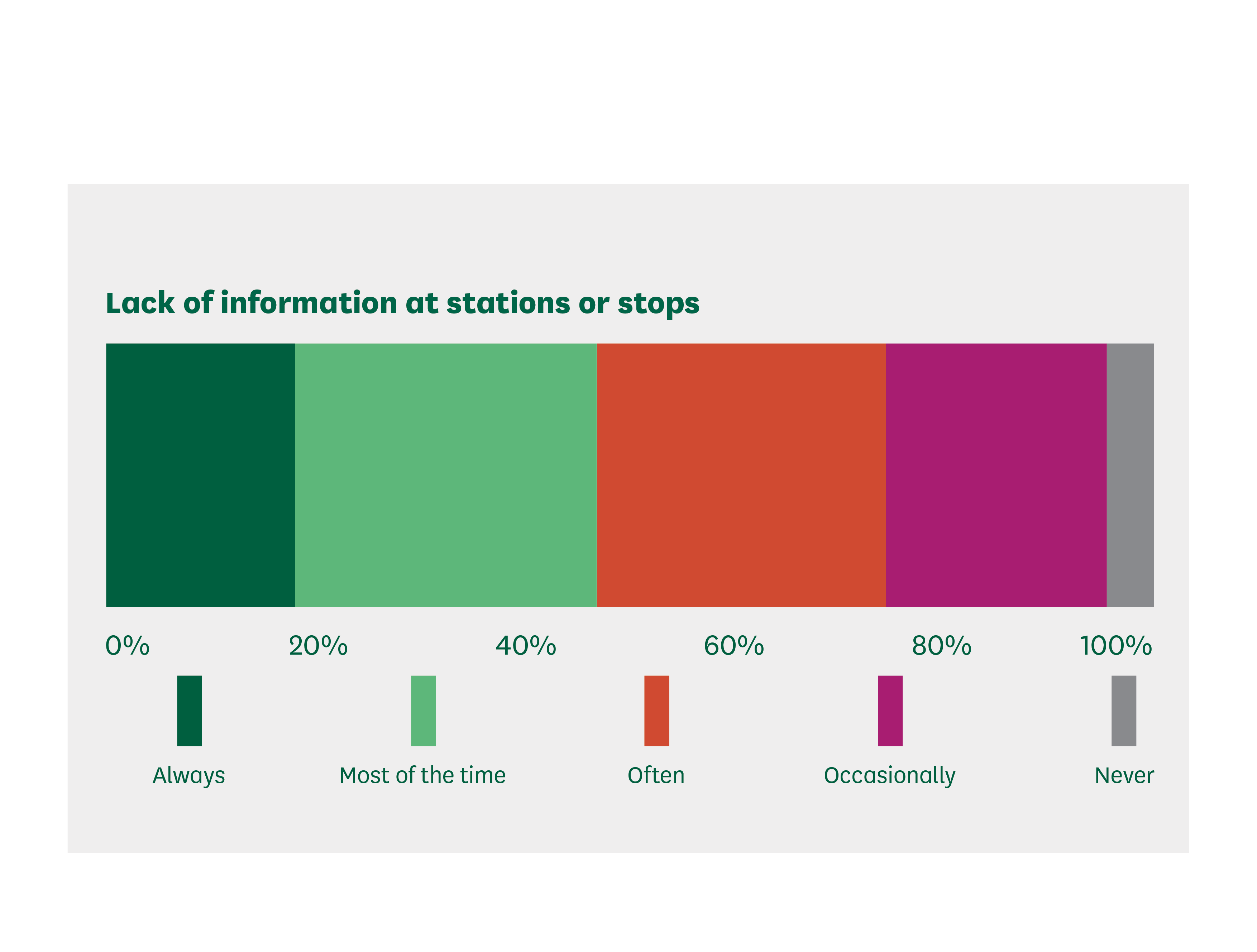Is UK transport accessible to all?
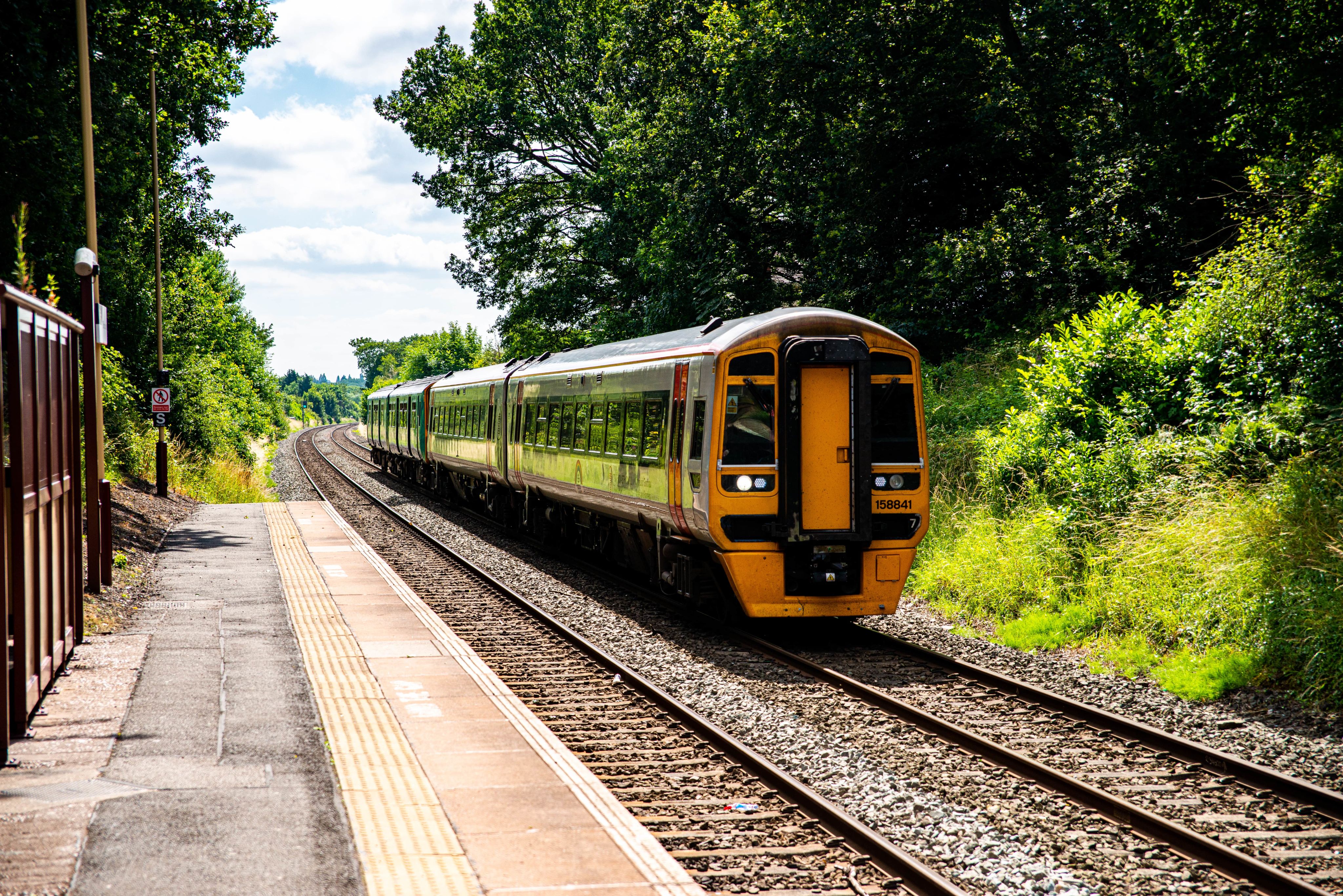
Our inquiry
Disability affects around 14 million people in the UK. It includes physical and sensory impairments as well as non-visible disabilities, such as autism, dementia and anxiety. According to the Family Resources Survey (UK) 2018 to 2019, 21% of people in the UK have a disability.
In February 2023, we launched an inquiry into transport accessibility in the UK. Prior to launching our inquiry, we heard the view that barriers to travel should be viewed through the social model of disability. The social model of disability sets out that people are disabled by barriers in society, not by their impairment or difference, and that steps can be taken to remove these barriers.
We have examined the range of legal requirements transport operators and local licensing authorities have to ensure all modes of transport adhere to for accessibility, and investigated whether these legal obligations are being met.
We did not publish our report before the 2024 General Election, but our successor committee continued our work on this topic. On 20 March 2025, the report was published. You can read the report and alternative formats of the report’s summary, including an EasyRead version and a British Sign Language version here.
Our survey
As well as asking for written submissions responding to our inquiry, we also ran an anonymous survey, asking for your experiences of public transport, to better understand the challenges faced by those with accessibility requirements.
There were 825 responses to the survey, with over 90% of respondents identifying as disabled, as having specific accessibility needs, or as someone who travels with a person who is a part of one of these groups.
We have used these answers to inform our oral evidence sessions and will take them into account when making recommendations to the Government at the end of the inquiry.
Here is what you told us.
Experiences and barriers
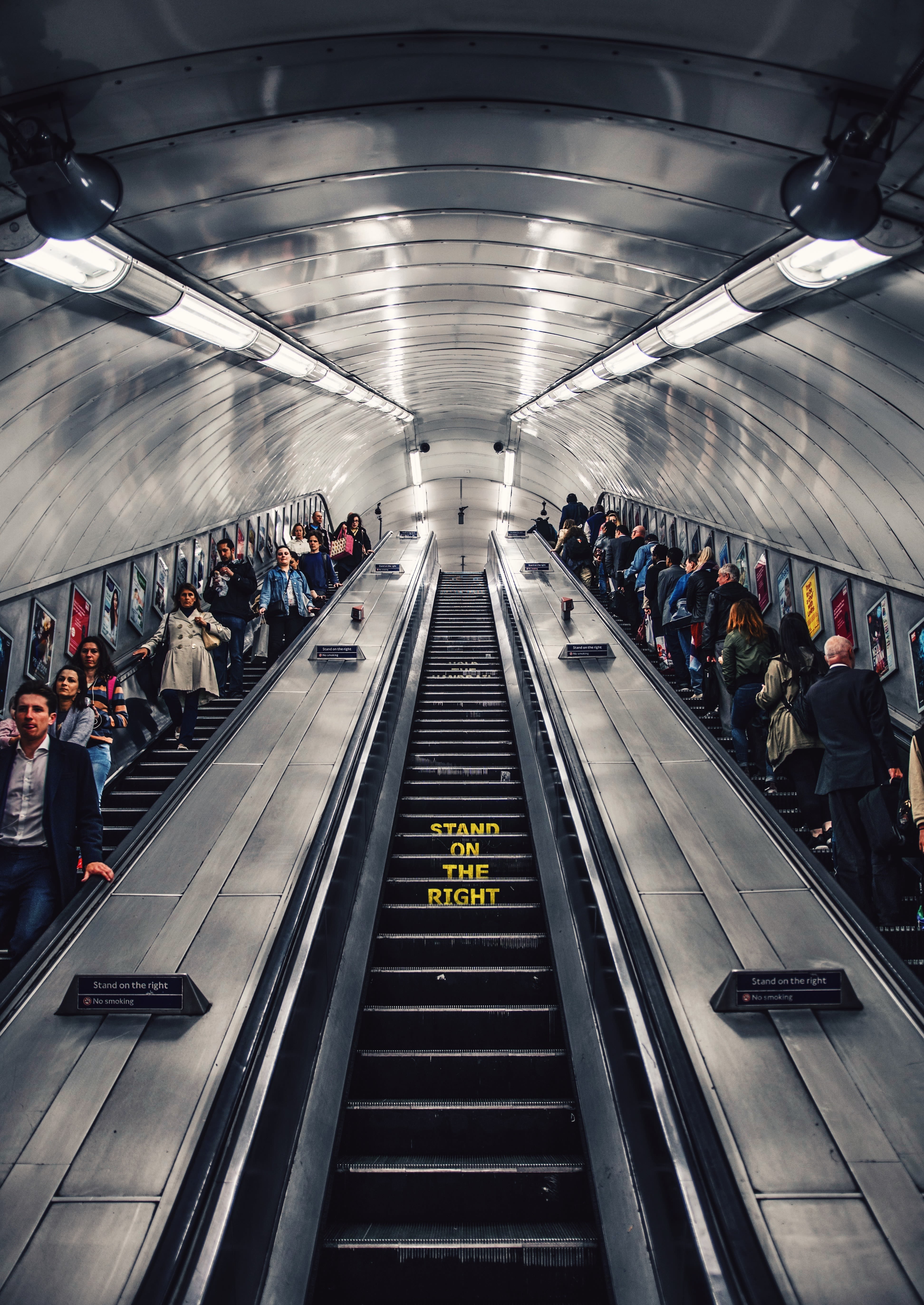
In the inquiry’s first evidence session, we heard about the challenges that disabled people and people with access needs can face when travelling or trying to travel.
When launching the inquiry, our Chair Iain Stewart MP said: "Many simply feel locked out of various modes of transport, from trains to planes and taxis, which of course means exclusion from work, education, socialising and all sorts of experiences that many take for granted."
This is exactly what we heard from people in their written evidence and in our oral evidence sessions, and this was emphasised by the data we collated in our survey too.
A majority of respondents said that they "always" (36%) or "most of the time" (31%) experience access challenges or barriers that make it more difficult to travel.
"I don’t use public transport at all anymore. I can’t cope with buses refusing me space; trains leaving me stranded in the sidings; airside crew destroying my wheelchair; taxis refusing wheelchairs."
A further 22% of respondents told us they "often" face difficulties when travelling.
Just 1.7% said they never experienced challenges when travelling.
"Whenever I use taxis and private hire vehicles I am ready for my guide dog to be refused. In reality it probably happens once in every 10 occasions or fewer, but each time it does it is so stressful and upsetting that, even as a confident traveller, it makes me question my ability to travel independently."
When using public transport, do you or any people you travel with experience access challenges or barriers that make it difficult to travel?
When using public transport, do you or any people you travel with experience access challenges or barriers that make it difficult to travel?
When using public transport, do you or any people you travel with experience access challenges or barriers that make it difficult to travel?
When using public transport, do you or any people you travel with experience access challenges or barriers that make it difficult to travel?
When using public transport, do you or any people you travel with experience access challenges or barriers that make it difficult to travel?
When using public transport, do you or any people you travel with experience access challenges or barriers that make it difficult to travel?
How often do you decide not to make a journey because you know it will be too complicated, too unsafe for you, or things are too likely to go wrong?
How often do you decide not to make a journey because you know it will be too complicated, too unsafe for you, or things are too likely to go wrong?
How often do you decide not to make a journey because you know it will be too complicated, too unsafe for you, or things are too likely to go wrong?
How often do you decide not to make a journey because you know it will be too complicated, too unsafe for you, or things are too likely to go wrong?
How often do you decide not to make a journey because you know it will be too complicated, too unsafe for you, or things are too likely to go wrong?
How often do you decide not to make a journey because you know it will be too complicated, too unsafe for you, or things are too likely to go wrong?
The impact of these barriers is having a real effect on how people want to live their lives, with over half of respondents saying they decide to not make a journey at least once a month as they know it will be too complicated, too unsafe, or that things are likely to go wrong.
Our survey showed a similar experience for many respondents, with one telling us that they "often" turn down events for this exact reason, saying, "I would probably go out a lot more in general if it was more accessible to do so."
- 34.4% of respondents said they will not make a journey at least once a week due to the expected challenges they will face
- Over a quarter of respondents (26.4%) said they make the same decision at least once a month
- Nearly a fifth of respondents (17.9%) said they will take this decision several times a year
- Only 4% of respondents said they will never decide not to make a journey because of the challenges.
"I don't fly because it is inaccessible to me (I can't transfer out of my wheelchair, can't risk injury by being manhandled by airport staff without appropriate equipment). I choose not to use trains because I have no guarantee that I will be able to disembark at my destination, I can't risk getting stranded. Longer distance buses/coaches are generally not wheelchair accessible, so I restrict my journeys to local only."
Challenges and obstacles
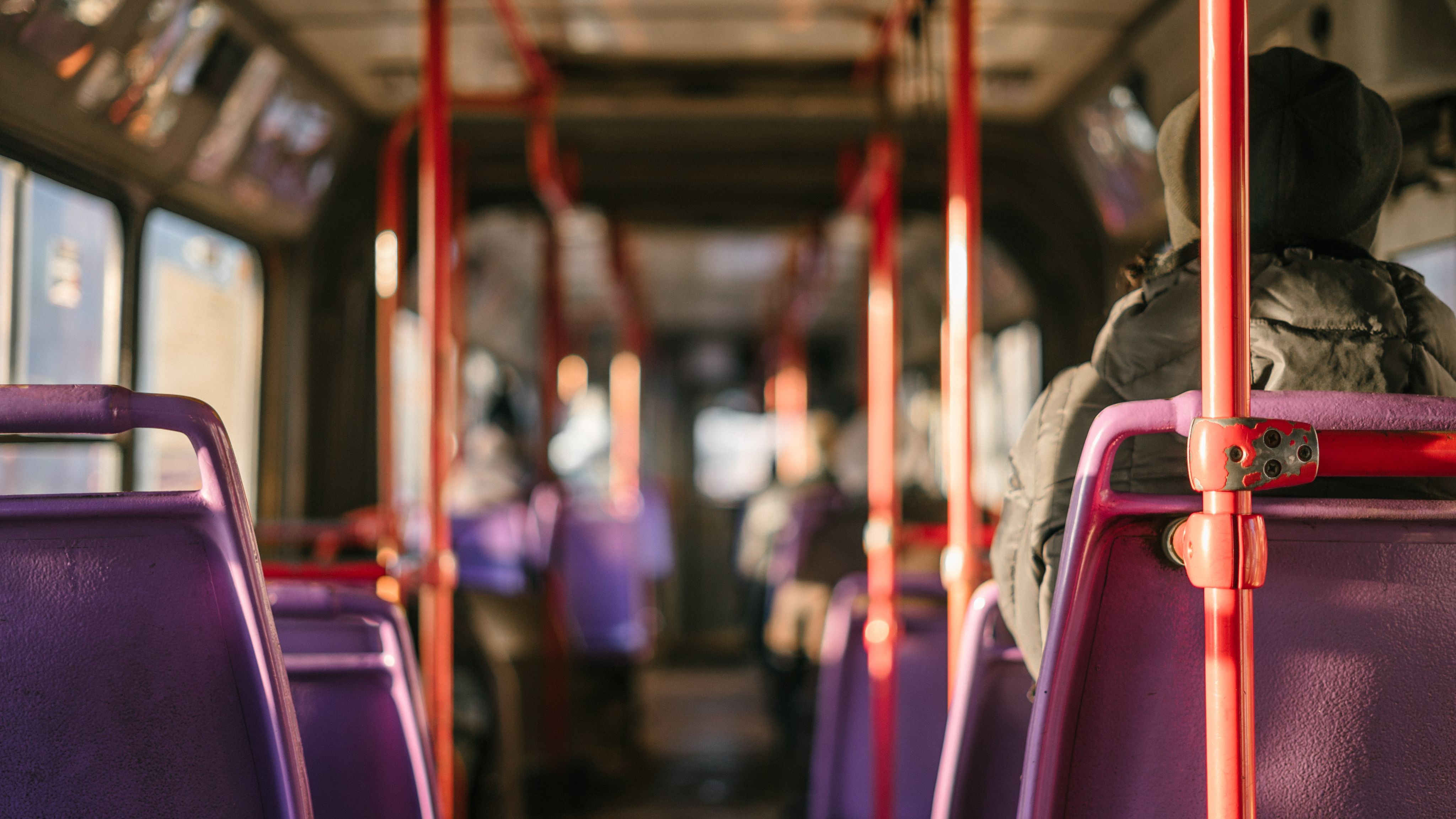
Our second session explored the legislation and regulations that govern transport accessibility and unpicked why, given the rules that exist, transport operators and regulators are continuing to fail disabled people.
In one of our evidence sessions, we heard that those who block the pavement with parked cars in London can be fined, but elsewhere in the country that is not enforced.
Caroline Strickland of Transport For All told us that not enough is being done to enforce the legal obligations that companies have to make transport, in particular buses, accessible for all.
"In cities that have introduced island/ floating bus stops I can no longer use most of those stops. Most are too narrow to allow ramp deployment and room to get onto the ramp."
How often have you or the person you travel with who is disabled or who has accessibility needs faced difficulty while travelling on the street?
How often have you or the person you travel with who is disabled or who has accessibility needs faced difficulty while travelling on the street?
Of the seven modes of transport in our survey (train, plane, ferry, bus, tram, taxi and street environment), it was the street which posed accessibility challenges for the highest number of people. Nearly 20% (163) of the 825 respondents said it always caused difficulty, with over two thirds of them saying it caused difficulties for them always, most of the time or often.
"Street environments are rarely fully accessible. I live less than a mile away from my workplace but as a wheelchair user I need to travel on the road for most of that journey because the pavements are badly damaged, mostly from cars driving across them or parking on them, and there is a lack of dropped kerbs in several places making it impossible to get on/off the side-walk."
How often have you or the person you travel with who is disabled, or who has accessibility needs, faced difficulty while travelling on a train?
How often have you or the person you travel with who is disabled, or who has accessibility needs, faced difficulty while travelling on a train?
It is a similar story when using trains. Many said they faced accessibility challenges, but only 17 of 825 respondents (2%) said that they had never faced difficulties using trains, the lowest of any form of transport on our survey.
"There aren't enough and/or working toilet facilities available on public transport or in the places they service. My partner suffers from colitis and every journey has to be planned and toilet availability sought in advance. They will avoid eating that day just in case they can't get access to a toilet and gets unwell. This is debilitating physically and mentally."
How often have you or the person you travel with who is disabled, or who has accessibility needs, faced difficulty while travelling on a bus?
How often have you or the person you travel with who is disabled, or who has accessibility needs, faced difficulty while travelling on a bus?
Travelling on buses causes difficulties for the second-largest number of respondents after the street environment, with 64% telling us that buses cause difficulties for them more often than not.
How often has physical inaccessibility at stations, vehicles and other infrastructures caused you a difficulty whilst travelling?
How often has physical inaccessibility at stations, vehicles and other infrastructures caused you a difficulty whilst travelling?
How often has a lack of information at stations or stops caused you a difficulty whilst travelling?
How often has a lack of information at stations or stops caused you a difficulty whilst travelling?
A range of situations cause difficulties when travelling
"Our record for not being able to board any buses consecutively is 5, only 1 being because of a wheelchair being already on board - over an hour extra. We already have to leave an hour earlier than if I could walk as it is."
Our survey found that the situations where the largest number of people found difficulties come when stations, vehicles or other infrastructure are physically inaccessible, with 356 of 825 respondents (43%) saying they faced issues most of the time or always. We found that a lack of information at stations or stops was also a key issue for respondents, with only 33 of 825 (4%) indicating that they never encounter this problem.
"I have often arrived at my station destination and had to wait a very long time for someone to arrive with a ramp. Often this is because my departure station never called ahead or the destination assistance were not aware of my needs."
Complaints and accountability

In our survey prior to conducting evidence sessions, we asked whether people had ever made a complaint about accessibility on public transport and a majority of people said they were dissatisfied with the response.
Nearly 40% of respondents said they had complained multiple times.
Just 37% of those respondents said they were sometimes satisfied with the responses they received.
Almost two thirds of these respondents said they had never been satisfied with the responses they received.
"When complaining I get non-answers and nothing changes. There seems to be no way to have a constructive dialogue about the access barrier and no interest in resolving such barriers."
Of the respondents who said they had complained just once before, 82% said they were dissatisfied with the response they received to their complaint.
Of those who complained more than once, only 0.7% said they were always satisfied with the response.
"Overcrowding means people with anxiety [are] unable to travel. People with non-visible disabilities [are] unable to travel at peak times as [it is] very hard to get a seat."
Publications
- Written evidence
- Transcripts of meetings
- Our report
- EasyRead summary of our report
- British Sign Language summary of our report
- Audio-only summary of our report
What happens next?
The Government has to respond to our report and recommendations. By convention, this should happen within two months. The Government’s response will be published in due course on our website.
Follow us on X (formerly known as Twitter) for the latest updates

Before you go...
Cover photo by Gabriel Sainhas/UK Parliament

